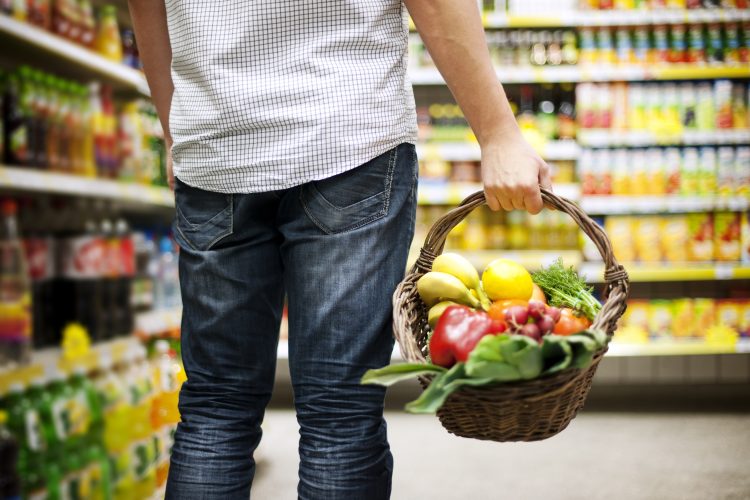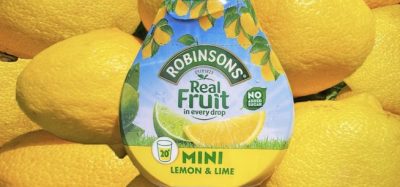What changes are US consumers making to their diets?
- Like
- Digg
- Del
- Tumblr
- VKontakte
- Buffer
- Love This
- Odnoklassniki
- Meneame
- Blogger
- Amazon
- Yahoo Mail
- Gmail
- AOL
- Newsvine
- HackerNews
- Evernote
- MySpace
- Mail.ru
- Viadeo
- Line
- Comments
- Yummly
- SMS
- Viber
- Telegram
- Subscribe
- Skype
- Facebook Messenger
- Kakao
- LiveJournal
- Yammer
- Edgar
- Fintel
- Mix
- Instapaper
- Copy Link
Posted: 9 February 2023 | Grace Galler | No comments yet
According to a recent survey, US consumers have cited eating more fruits and vegetables and less sugar as highly ranking potential changes to eating behaviours relating to New Year’s resolutions. The January Consumer Food Insights Report was put together by Purdue University’s Center for Food Demand Analysis and Sustainability with the aim of assessing food […]


According to a recent survey, US consumers have cited eating more fruits and vegetables and less sugar as highly ranking potential changes to eating behaviours relating to New Year’s resolutions.
The January Consumer Food Insights Report was put together by Purdue University’s Center for Food Demand Analysis and Sustainability with the aim of assessing food spending, consumer satisfaction and values, support of agricultural and food policies and trust in information sources.
Looking at responses from 1,200 consumers across the US, Jayson Lusk, the Head and Distinguished Professor of Agricultural Economics at Purdue, observed: “People are generally knowledgeable about the actions needed to improve health and want to pursue them such as increasing fruits and vegetables and exercising more.
“However, they don’t necessarily want to give up on taste and indulgences. For example, eating less meat or drinking less alcohol is low on the list of priorities of most Americans.”
The Report also highlighted how food spending is up “significantly”, at a 19 percent increase from a year ago. However, it claims that grocery spending has remained “effectively flat” for the past six months.
“It appears that people have already cut back and found deals to help stop their food spending from continually rising,” explained Lusk. “If food inflation does not come down significantly this year, consumers might not have much room to maneuverer their budgets further.”
Although those who took part in the survey estimated that current inflation is up more than one percentage point from last month, results revealed that people seem to remain optimistic about inflation “declining dramatically” over the next year.
In addition, the survey results also claim that “trust in the US Department of Agriculture (USDA) and US Department of Health and Human Services’ Dietary Guidelines for Americans is at an all-time high”. as its advisory committee prepares to discuss 2025 guidelines.
Sam Polzin, a food and agriculture Survey Scientist for the Center and Co-Author of the report, noted that “despite price increases, the rate of national food insecurity again shows surprising consistency from last January,
“In fact, we have even seen a continued decline in the share of households who say they have received free food from a pantry this month.”
Turning to sustainable food purchases, the survey claims that the “purchasing index continues to show consistency”. However, Polzin notes that the “taste” and “economic” aspects of the index remain strong, although the ongoing weakness of the environment and social indicators is discouraging from the sustainability perspective.
Related topics
Health & Nutrition, Research & development, retail, Sustainability, The consumer, Trade & Economy
Related organisations
Purdue University, US Department of Agriculture (USDA), US Department of Health and Human Services








